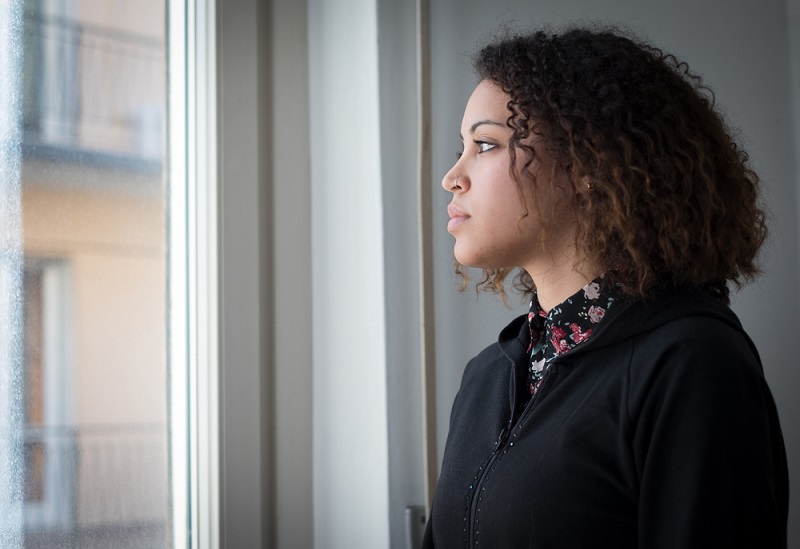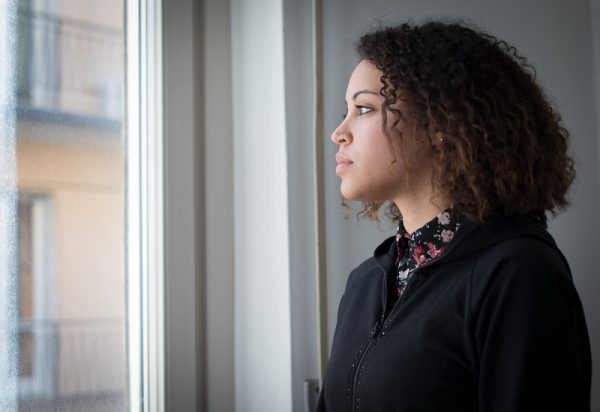Yesterday, a friend pointed me to a story that rattled me. In 2006, a young woman named Joyce Carol Vincent was found in her bedsit flat in London. She had been dead for three years. Get this: She was found skeletonised, lying on her back next to a shopping bag, surrounded by Christmas presents she had wrapped but never delivered. I couldn’t wrap my mind around it. Dead for three years and nobody around noticed, until the property had to be repossessed due to unpaid rent that had accrued over the years (half of her rent was being paid on her behalf). The odour of decomposing body tissue was attributed to nearby waste bins, and her TV was still running when her remains were discovered.
I later found out she had cut off nearly all contact with people she knew. She had been in an abusive relationship and had even spent time in a domestic abuse shelter before she was moved into the bedsit flat, which was used to house victims of domestic violence. She lost her job in 2001 and that was when she started reducing contact with her friends and family.
So when she died (cause of death is believed to be an asthma attack or complications from a recent peptic ulcer which had caused her to spend two days on admission in the hospital after vomiting blood), nobody noticed. Not even neighbours or former colleagues… someone, anyone. For three years. Could there ever be a clearer picture of stark and utter loneliness?
This past week, conversations in a WhatsApp group I belong to turned repeatedly to depression and suicide- not surprising considering recent happenings. As we talked about the need to shun stigmatization, and the importance of seeking professional help rather than jumping from pastor to pastor, someone mentioned something I consider very important.
He said we are in a country where everybody is always moving, and almost no one stops to look at their next door neighbour to find out how he or she is faring; to which someone immediately replied, “Bro, all man dey hustle o.”
And that’s the point exactly.
Here in Nigeria we have prided ourselves on being the epitome of good neighbourliness, and many of us assume that such a thing as happened to Joyce Vincent couldn’t possibly happen here, but that is fast changing. We are getting busier and busier every day, trying to make ends meet. Of course, Joyce’s story is an extreme case, but do you really know how many of your friends, Christian brethren, colleagues, and acquaintances are dying inside?
Perhaps someone you know has suffered a loss or is going through a tough time in their personal relationships. Do you just assume they are coping well? Even the current recession we are all dealing with is affecting some more than others. When last did you check on someone, really take time to listen to them?
In February, a friend I’ve known since I was 16, called me to find out how I was doing. We ran into each other quite often, but we hadn’t had a real discussion in over a decade. When he called and asked how I was doing, I thought it was the perfunctory question to which the expected answer is “I’m fine o, and you?”
I was totally surprised when he asked how I was really doing and told me he called to listen to me, so “Talk to me, what’s up?”
I cannot say how much that call, out of the blue, meant to me. I don’t remember ever having experienced anything like that. It’s something I would like to do sometime soon: call up a loved one I haven’t been in touch with, and just listen.
Sometimes that’s all someone needs. A listening ear, a shoulder to lean on.
We often worry about not having money to give, not having the right words to say, no job or connections to offer. However, if you have a warm heart and a listening ear, arms to hug and lips to smile, if you have a little time to spare, it would mean the world to someone.
This, I know.


